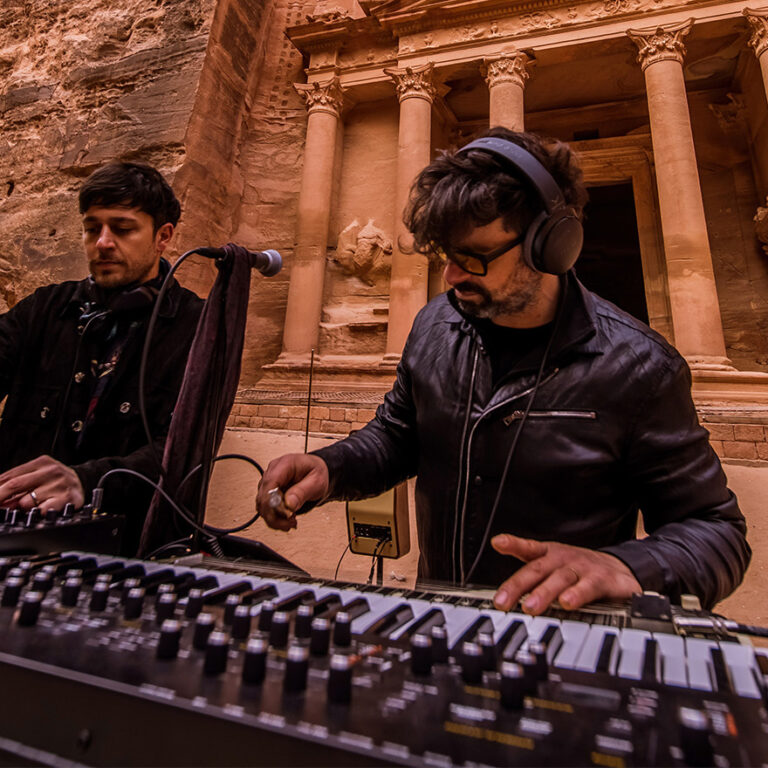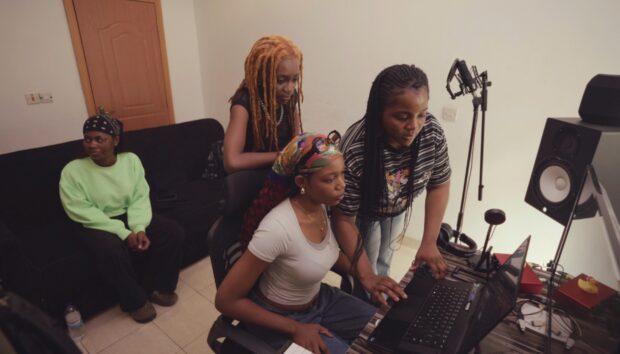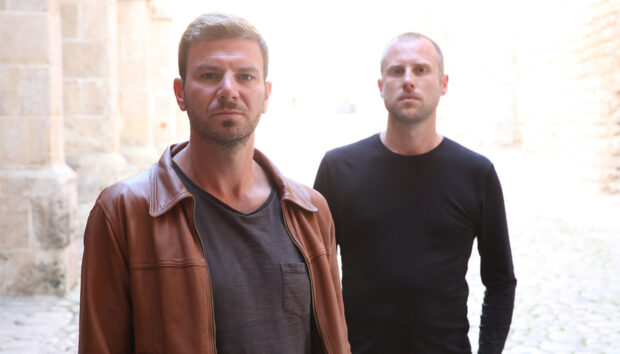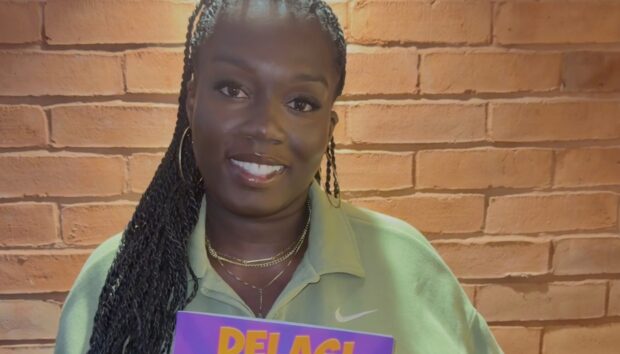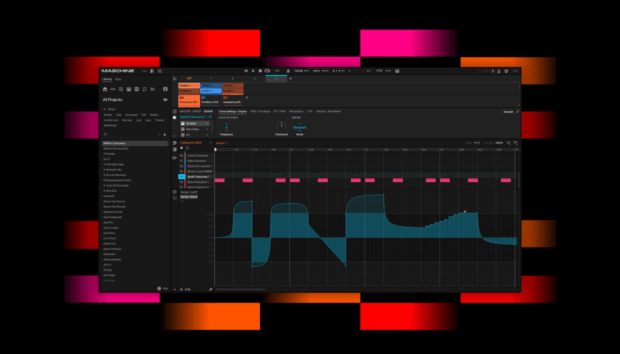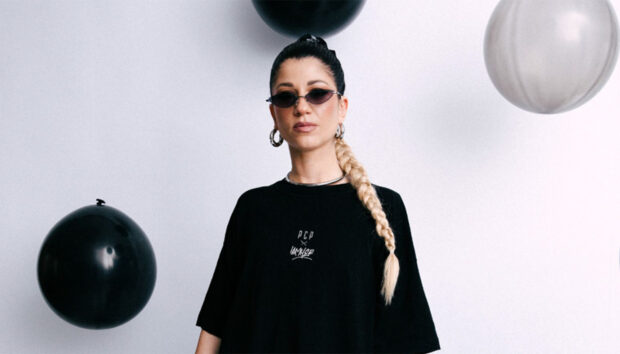Five years into running Human By Default, Bedouin are marking the milestone with a release that reflects the same patience and purpose they’ve built the label on. Their new single, “Heavy On My Mind,” features London-based producer Robin M and the unmistakable voice of Morcheeba’s SKYE, a track that began as a summer 2024 session and grew naturally into something intimate and affecting.
It’s out now as they close off their Saga residency at Club Chinois, one of three residencies they’ve held this summer alongside Scorpios Mykonos and Casa Amour.
In the middle of all this touring, the duo’s creative workflow stays anchored by Maschine. It has been central to the label’s earliest releases and the tracks that make it into their live sets today. The way they use it allows them to move ideas seamlessly between the studio and the stage, test music in front of a crowd long before release, and keep their focus on feeling over formula.
For the Bedouin, that consistency has helped them shape a sound that’s as personal as it is club-ready, and they have no plans to change it.
Jump to these sections:
- How Maschine links Bedouin’s studio and stage workflow
- The role of live testing in refining music
- Mastering gear while chasing new sonic colors
- Pushing through creative doubt
- Keeping a signature sound across changing trends
- Balancing expression and club functionality
These points set the stage for a closer look at how Bedouin’s workflow, philosophy, and use of Maschine come together, both in the studio and on stage.
Do you find that projects you build in Maschine for live sets end up shaping your studio arrangements, or does it mostly flow the other way?
It definitely flows both ways. We’ve used Maschine in the studio to sculpt ideas that later take on a new life when we bring them into a live set. But sometimes it’s the opposite. We’ll build something spontaneous during a set that ends up becoming a core idea we take back into the studio to refine.

When we’re performing live, we get to stress test the soul of a track. There are moments on stage where something hits just right, and Maschine lets us hold onto that moment and build on it later. It becomes a cycle of constant iteration between the booth and the studio.
Pro tip from Bedouin: Treat your DAW like an instrument, not just a tool. The moment you stop thinking technically and start feeling musically is when your best ideas come through.
Some artists keep their live rig completely separate from their production rig. Why has Maschine stayed central for you in both?
We try not to draw hard lines between production and performance. Maschine sits at the heart of both because it lets us stay connected to the emotion of the music wherever we are. It’s become an extension of how we think and feel musically.

It’s about fluidity. Whether we’re sketching a new idea in the studio or building tension on stage, Maschine allows us to stay in that same creative headspace. There’s no need to mentally switch gears. We just stay in the flow.
Pro tip from Bedouin: Always test your music live before you release it. We play tracks months before they ever come out. The dancefloor is the ultimate litmus test.
Do you think it’s important for producers to keep one piece of gear central to their process over time, or do you prefer to rotate your setup between records?
Having a central piece helps you master a language. With Maschine, we’ve developed that kind of fluency. It lets us get ideas out quickly without interrupting the creative impulse.

But it’s also important to stay curious. We rotate gear when we’re looking for new colors, but it helps to have a foundation. Something familiar that anchors the experimentation. Maschine has become that for us. It’s always part of the conversation.
Pro tip from Bedouin: Keep a core piece of gear or workflow that grounds you, something that will keep you rooted through creative chaos.
How has taking full control of your sound helped you get through industry pushback or creative doubt?
We’ve always tried to stay true to our sonic identity. There have been moments where we felt pressure to move in a certain direction, to speed things up or follow a trend, but having full control of our sound gave us the confidence to trust our instincts.
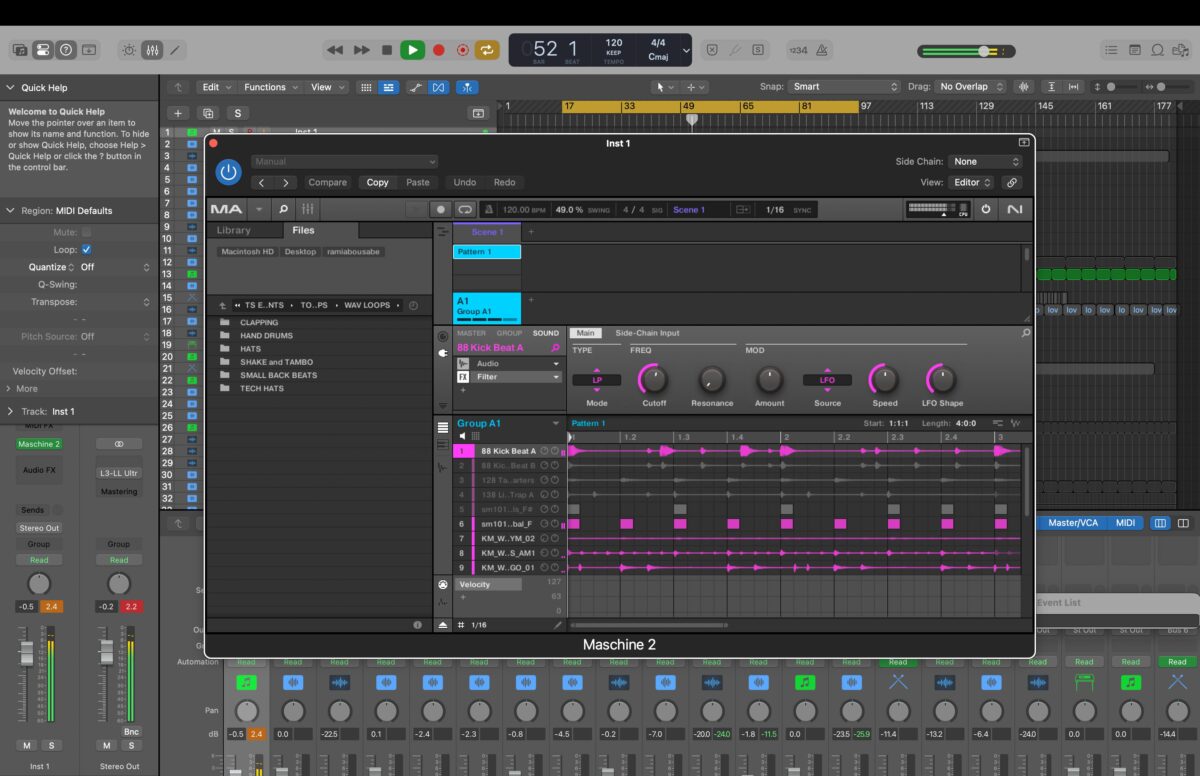
When you’re deeply connected to your sound, doubt becomes less of a threat and more of a compass. You stop asking “Will this work?” and start asking “Is this honest?” That’s what helped us navigate everything from industry expectations to our own inner voices.
Pro tip from Bedouin: Build music around a feeling, not a formula. Some of our best tracks started with happy mistakes or a random sound, and that’s the magic of making music.
In an industry that often pushes speed and volume of releases, what helps you stay focused on quality control across writing, arranging, and performing?
We’ve always been about timelessness over trends. That means slowing down, testing our music live, refining it for months, sometimes years, until it feels right. We don’t release unless we believe in the track long after the hype fades.

We come from backgrounds where music is a craft, a way of life, not just content. That mindset has stuck with us. We treat every track like a story that needs time to unfold, and every set like a chance to listen and learn from the dancefloor.
Pro tip from Bedouin: Your taste is your compass. Great producers are great listeners. Keep a running playlist or USB of all the tracks that move you emotionally and use it as your creative reference.

For producers trying to bridge the gap between club functionality and personal expression, what’s something you’d recommend they build into their workflow early?
Start with intention. Don’t just make something to work on the dancefloor – make it mean something to you first. If the feeling is there, you can always shape to fit a certain environment.
And stay open to imperfection. Some of our best ideas came from what we call “happy errors” – moments that weren’t planned but felt right. Keep your workflow loose enough to allow those moments to happen. That’s where personal expression lives.

Pro tip from Bedouin: Choose emotion over perfection. Don’t chase the technical perfection if it makes your music lose its soul. Sometimes a slight timing imperfection is what makes a record feel alive. Leave room for that human fingerprint.
Wrapping it all up
Bedouin’s approach to production and performance proves the value of building a consistent creative foundation.
By keeping Maschine at the center of their process, they’ve been able to move fluidly between the studio, the stage, and their label’s growing output while staying connected to the emotion behind the music.
“Heavy On My Mind” is the latest chapter in that ongoing evolution, and with a packed summer of residencies under their belt, the foundation they’ve built will keep carrying their vision forward.








